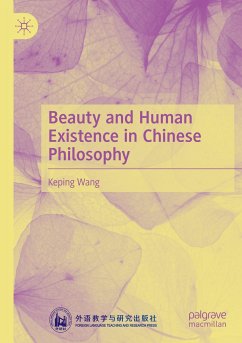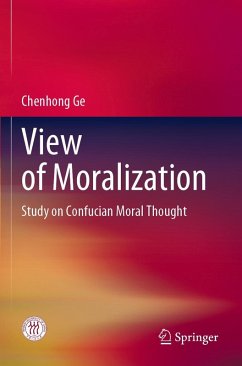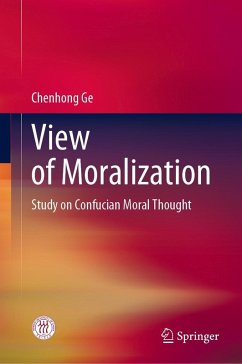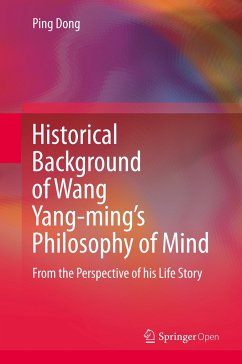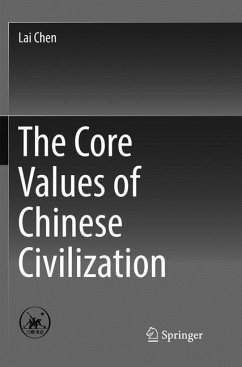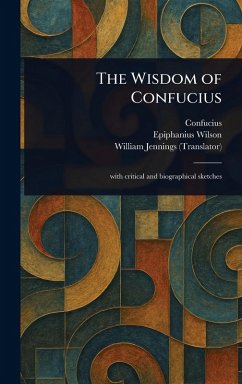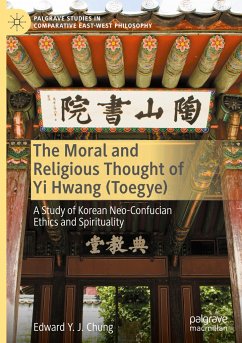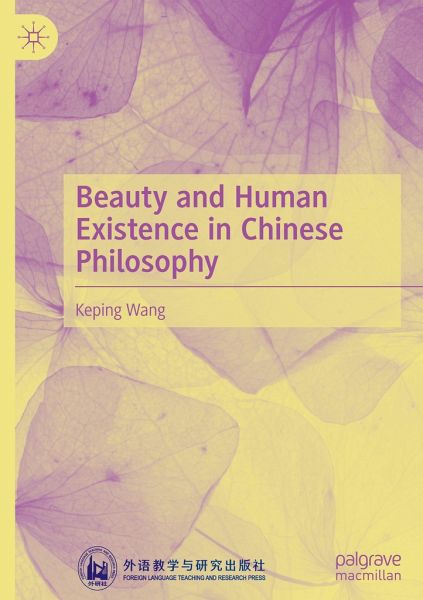
Beauty and Human Existence in Chinese Philosophy
Versandkostenfrei!
Versandfertig in 6-10 Tagen
83,99 €
inkl. MwSt.
Weitere Ausgaben:

PAYBACK Punkte
42 °P sammeln!
This book considers the Chinese conception of beauty from a historical perspective with regard to its significant relation to human personality and human existence. It examines the etymological implications of the pictographic character mei, the totemic symbolism of beauty, the ferocious beauty of the bronzeware. Further on, it proceeds to look into the conceptual progression of beauty in such main schools of thought as Confucianism, Daoism and Chan Buddhism. Then, it goes on to illustrate through art and literature the leading principles of equilibriumharmony, spontaneous naturalness, subtle ...
This book considers the Chinese conception of beauty from a historical perspective with regard to its significant relation to human personality and human existence. It examines the etymological implications of the pictographic character mei, the totemic symbolism of beauty, the ferocious beauty of the bronzeware. Further on, it proceeds to look into the conceptual progression of beauty in such main schools of thought as Confucianism, Daoism and Chan Buddhism. Then, it goes on to illustrate through art and literature the leading principles of equilibriumharmony, spontaneous naturalness, subtle void and synthetic possibilities. It also offers a discussion of modern change and transcultural creation conducted with particular reference to the theory of the poetic state par excellence (yi jing shuo) and that of art as sedimentation (ji dian shuo).



